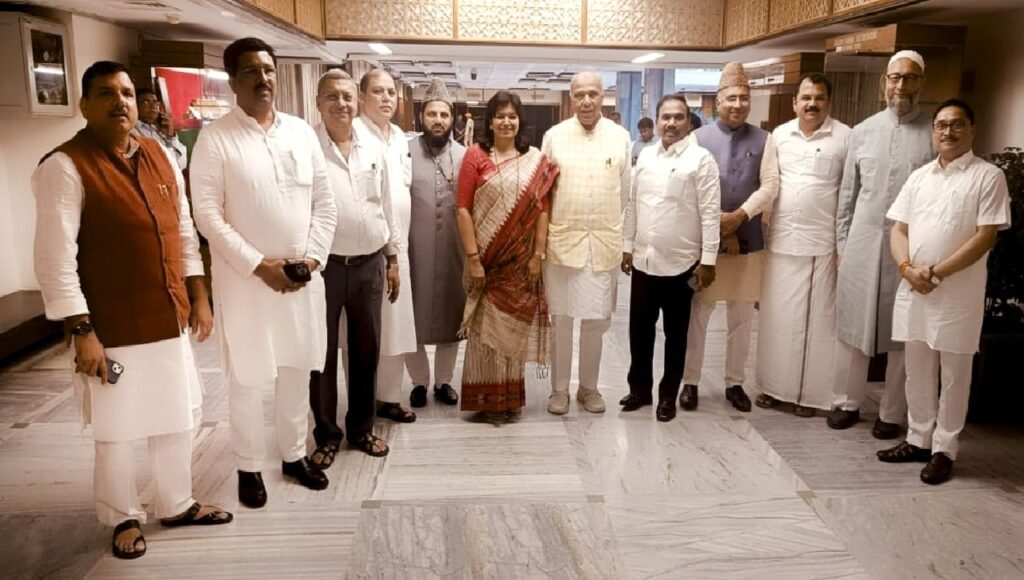Joint Parliamentary Committee Meeting on Waqf Amendment Bill
The Joint Parliamentary Committee (JPC) convened its first meeting regarding the Waqf (Amendment) Bill on Thursday. During this session, officials from the Ministries of Minority Affairs and Law provided insights into the proposed amendments in the draft law. The meeting saw members from opposition parties raise numerous questions regarding the implications of the bill, claiming it could infringe upon religious freedoms, the right to equality, Article 26, and several other laws.
Details of the Committee Meeting
Led by BJP MP Jagdambika Pal, the committee met in the Parliament House Annex. It plans to submit its report by the last day of the first week of the winter session after thoroughly discussing the bill. The JPC comprises 31 members and focused on the Waqf Amendment Bill 2024, examining the proposed changes presented by officials from the Minority Affairs Ministry.
Opposition to Inclusion of Local DM in Waqf Tribunal
Various legal aspects were thoroughly discussed during the meeting. Officials from the Law Ministry were also present. Notably, Muslim MPs expressed their strong opposition to including local District Magistrates (DMs) and non-minority members in the Waqf Tribunal. The Lok Sabha Secretariat indicated that representatives from the Ministry of Minority Affairs were expected to bring clarity on the amendments proposed in the bill.
Background of the Waqf Amendment Bill
The bill was presented in the Lok Sabha on August 8. Prior to the meeting, Jagdambika Pal emphasized that the committee would engage in detailed discussions about the bill and address the accompanying concerns. The committee aims to listen to all stakeholders and review all 44 proposed amendments comprehensively, ensuring that a well-rounded and extensive piece of legislation is presented by the next session.
Government’s Stand and Opposition’s Response
When introducing the bill, the government underscored that the proposed law would not interfere with the functioning of mosques. In contrast, the opposition parties lambasted the legislation as a targeted attack against the Muslim community, accusing the government of undermining the Constitution. The contentious nature of the bill highlights ongoing debates about communal rights and the balance of power within religious institutions in India.
Key Points of Discussion
| Aspect | Details |
|---|---|
| Committee Chair | Jagdambika Pal (BJP) |
| Date of First Meeting | Thursday, [Date of Meeting] |
| Bill Introduction Date | August 8, 2024 |
| Number of Proposed Amendments | 44 |
| Concerns Raised | Impact on religious freedoms and constitutional rights |
| Opposition Response | Claims it targets Muslims and undermines the Constitution |
Conclusion
The discussions surrounding the Waqf Amendment Bill reflect a significant moment in India’s legislative landscape, intertwining issues of religious rights, community representation, and constitutional integrity. As the Joint Parliamentary Committee prepares to navigate through the various concerns, the push and pull between the government and opposition parties continues to shape the conversation around minority rights and institution management in the country.

